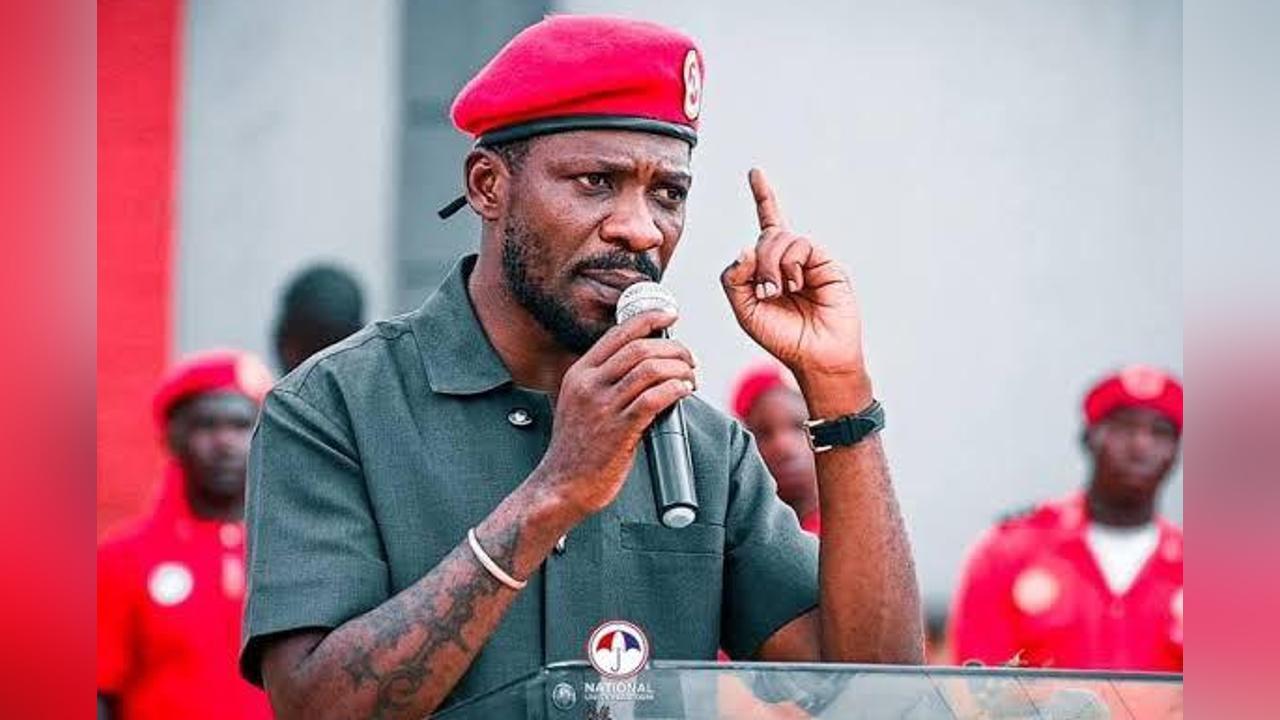Africa-Press – Uganda. Political analysts are sounding the alarm over what they describe as a failing strategy by the National Unity Platform (NUP), warning that the party risks losing significant ground ahead of the 2026 general elections if it does not urgently reform its vetting process for flag bearers.
The warning follows a series of high-profile defections by disgruntled NUP leaders who were denied party endorsement.
Some have joined rival parties, while others have vowed to contest as independents — a trend observers say could fatally erode the party’s grassroots strength and electoral momentum.
At the headquarters of the People’s Front for Transition (PFF) in Katonga, the cracks within NUP became more visible as several rejected politicians were officially welcomed into the rival camp.
Among them was Kira Division Mayor Julius Mutebi Nsubuga, who was joined by ten councillors — all of whom were denied NUP flags for the upcoming elections.
Visibly upset, Mutebi accused the party of sidelining him without communication or justification.
“The party never informed me. I only heard through the media that I had been dropped. That shows the weakness in the screening process,” he said.
He criticised the vetting exercise as lacking both transparency and public input.
“The party should consult the people. Instead, there is injustice,” Mutebi added, advising other NUP aspirants still awaiting the party flag to reconsider their loyalty unless the process is reviewed.
Katabi Town Council Mayor Ronald Kalema, another dropped NUP hopeful, expressed similar frustrations.
“We have been left in the dark. If the party cannot respect us, then let the voters be the judges,” Kalema said, highlighting a sense of betrayal among many long-serving members.
While the disgruntled leaders have been vocal, political analysts are split on the broader implications of NUP’s vetting strategy.
Prof. Rogers Barigayomwe, a political commentator, issued a stark warning: “If NUP doesn’t change this approach, it risks collapsing under its own weight.”
However, Dr. Johnpaul Kasujja offered a more measured view, acknowledging the need for vetting while calling for greater transparency.
“Screening is important to weed out weak candidates. What NUP must ensure is fairness and openness in the process,” Kasujja said.
With parliamentary nominations looming, analysts caution that the party has limited time to resolve the crisis before it begins to impact its national prospects.
The growing perception of internal dysfunction, combined with strategic inaction, could cost NUP dearly at the polls.
“NUP must avoid repeating the same mistakes that have already pushed some members away. Time is running out,” Dr Kasujja warned.
As tension simmers within Uganda’s leading opposition party, many aspirants remain on edge, reluctant to speak publicly while they await a final verdict from NUP’s vetting committee — and the political future that may follow.
For More News And Analysis About Uganda Follow Africa-Press






